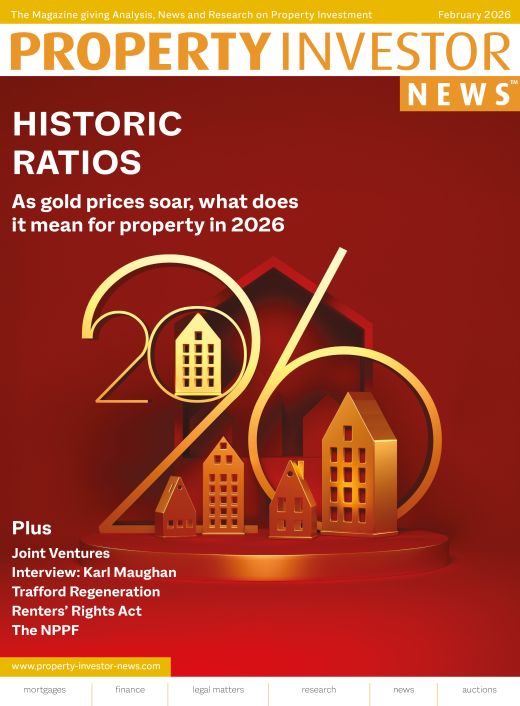The rise in hybrid work poses a medium-term risk to London rents and occupancy levels, according to Fitch Ratings. The firm says that the pandemic will mark a structural shift rather than a cyclical or temporary event for the London office market. The relative stability of office valuations in 2020 belies a transition to an environment with higher competition among properties, reduced pricing power for landlords, and downward pressure on rents, all due to tenants’ re-assessment of needs as flexible working becomes more popular.
In its Commercial Real Estate Post-Pandemic report, it states: ‘Recent tenants’ announcements indicate that a hybrid working model could become dominant in London. A reduction in working days spent centrally can put downward pressure on the rental value of central London office stock, with variations depending on location and quality (prime or secondary). It is also possible that investor risk premiums will rise as office income comes to be viewed as more volatile. Both these factors imply market value declines.’
One reason Fitch Ratings expects market values to decline is due to the shift in the balance of power from landlords to tenants. Office supply dynamics will increasingly make London a renter’s market, while demand for centralised office space – no longer considered essential to host a company’s entire operations – becomes more elastic. The former may be transitory but the latter may prove more permanent, given lowered barriers to mass remote working. A fall in rental values could lead to a sustained medium-term contraction in central London office supply, despite an expected near-term surge in office completions.
The impact on retail, hospitality and residential
The reduction in commuter numbers in and around London’s major office hubs will have value implications for retail, hospitality and residential sectors. London retail and residential property is exposed to the risk of falling values. Fitch adds: ‘However, it is important to distinguish this from the “death of the city” narrative: rather, more affordable inner London real estate invites a broader mix of end-users.’















